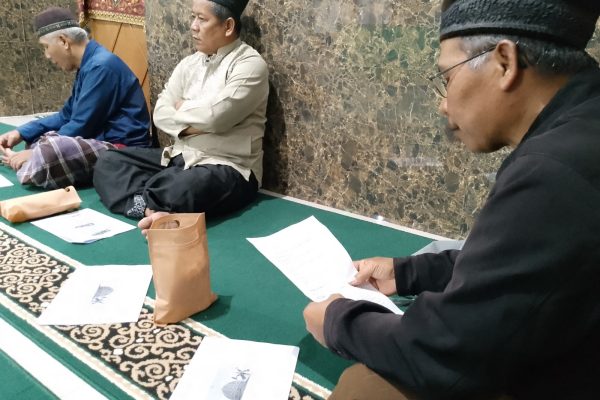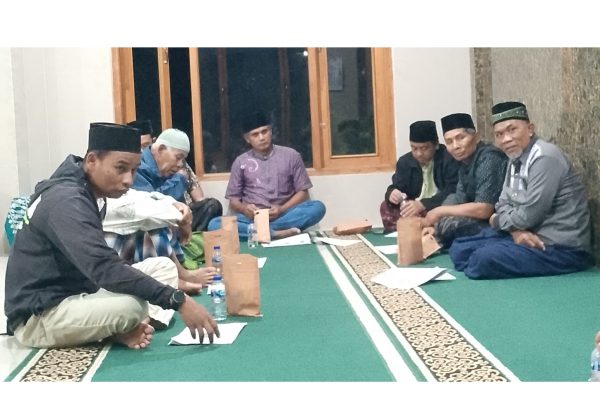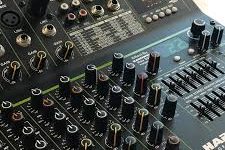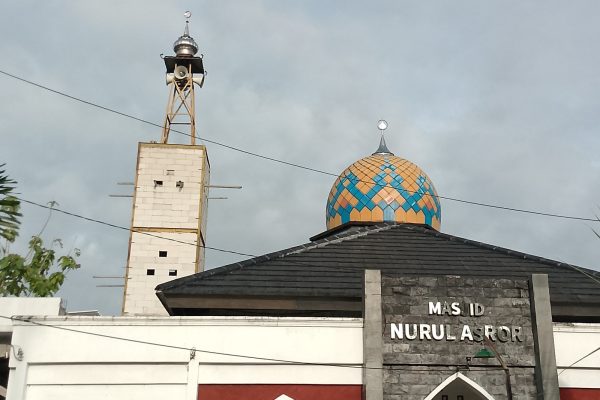by the PkM-MBKM Team of the Faculty of Biology UGM
Development based on human ego satisfaction, through the exploitation of natural resources, often results in widespread environmental degradation. Development not only transforms natural landscapes into artificial areas such as residential, agricultural, and industrial areas, but also alters the quality of water, soil, and air. Likewise airspace, besides being a source of life for humans, it is serves also as a space for anthropogenic and non-anthropogenic acoustic communication. Currently, airspace is filled with artificial sounds, resulting in various forms of noise and silence has even become a rare commodity. This program is based on issues related to environmental acoustics.
In 2025, the Community Service Team-Independent Learning Independent Campus (PkM-MBKM) Faculty of Biology UGM led by Susilo Hadi and assisted by three students consisting of Qodriyah Nur Kharisma, Aisyah Eka Nurjanah and Rifda Qonita, implemented a program on Acoustic Ecology and sound system arrangement of worship places, mainly in mosque and mushola. In some places, especially in urban areas, the disharmony of volume of speaker sound from mosques can cause social conflict. The locus of this activity was carried out in Sardonoharjo, Ngaglik, Sleman. This program consists of two main activities, namely an environmental acoustic survey and socialization on proper sound system arrangement in accordance with ethical criteria from the government and acoustic aesthetics related to loudspeakers in mosques and mushola.
Environmental acoustic data collection was conducted in August 2025 consisting of acoustic recording and measuring sound intensity (decibel meter) between ambient environmental acoustics, as a control, and volume of loudspeakers during the call to prayer (adzan) and other activities within mosques and mushola. In summary, the data obtained showed a striking difference between the ambient environmental acoustics as a control, around 40 dB, compared to the average intensity of the call to prayer in mosques and mushola in the study area of 80 dB. However, based on government criteria the sound intensity is still within the limits tolerated by the rules ( Surat Edaran of the Ministry of Religious Affairs: SE 05/2022).
Meanwhile, the socialization activity for sound system settings for places of worship was held on Sunday, October 19, 2025, at mushola in Manongsari Kring Rejosari, Sardonoharjo. A number of representatives from mosque and mushola aministrators (Ta’mir) were invited. The activity, attended by 20 participants. Start with a socialization on environmental acoustics conducted by a team from the Faculty of Biology and the second part related to sound system setting techniques presented specifically by Mr. Riyana, as an audio engineering practitioner. This activity was interesting because the all participants gave feedback each other and shared experiences related to the use of sound systems in every place of worship. In general, this socialization activity is important as a space to align perceptions about government regulations regarding the use of loudspeakers and share knowledge related to the correct and aesthetic audio arrangement in places of worship.
The entire PkM-MBKM program is carried out over two semesters, namely the Even Semester of the 2024/2025 Academic Year and the Odd Semester of the 2025/2026 Academic Year. This program is also carried out in order to support the Sustainable Development Goals (SDGs), especially SDG number 3 Healthy and Prosperous Lives; 11 Sustainable Cities and Settlements; and SDG 15 Terrestrial Ecosystems.





